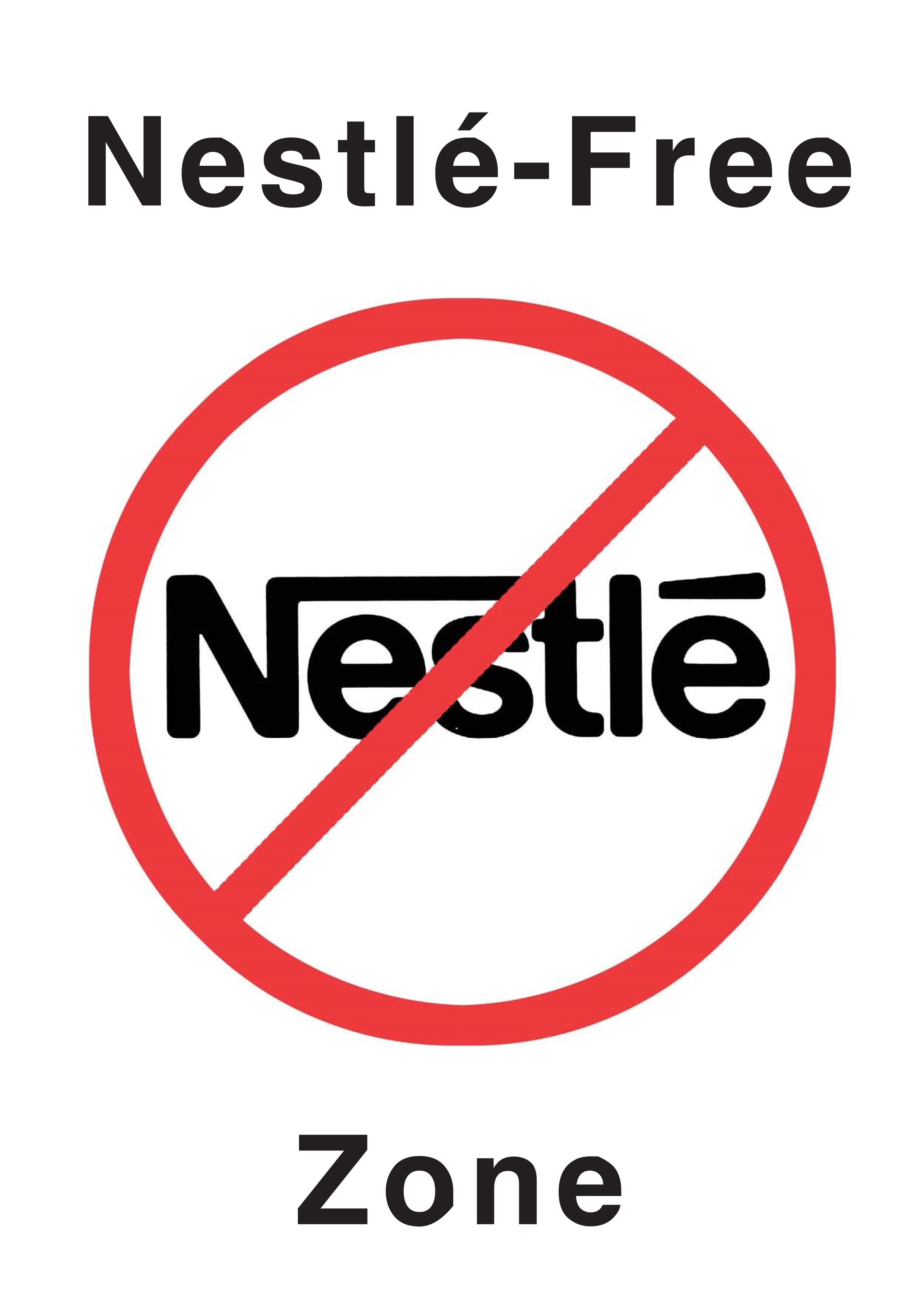The carbon footprint of breastmilk substitutes in comparison with breastfeeding
Karlsson JO et al: The carbon footprint of breastmilk substitutes in comparison with breastfeeding. J Clean Prod. 2019 Jun 10;222:436-445.
Breastfeeding is one of the foundations of child health, development and survival. Breastmilk substitutes (BMS) are associated with negative influences on breastfeeding practices and subsequent health concerns and, as with all foods, production and consumption of BMS comes with an environmental cost. The carbon footprint (CFP) of production and consumption of BMS was estimated in this study.
To illustrate regional differences among the largest producers and consumers, the CFP of BMS production in New Zealand, United States (USA), Brazil and France and the CFP of BMS consumption in United Kingdom (UK), China, Brazil and Vietnam were assessed. The CFP values were then compared with the CFP of breastfeeding arising from production of the additional food needed for breastfeeding mothers to maintain energy balance (approximately 500 kcal per day).

